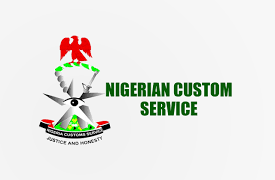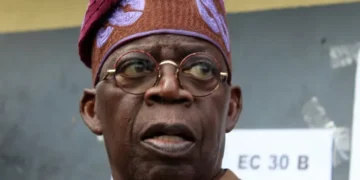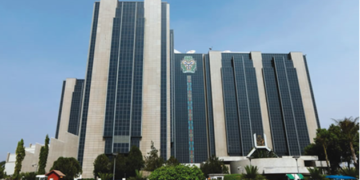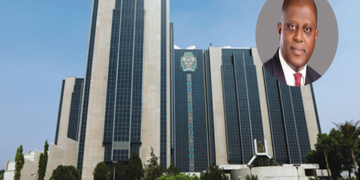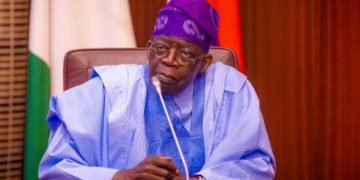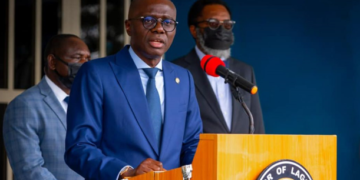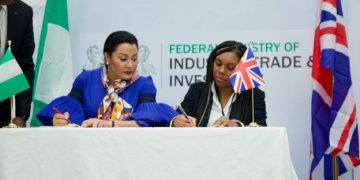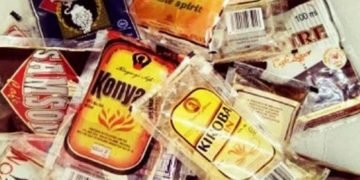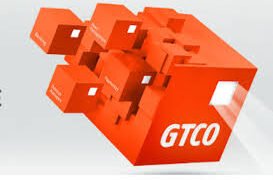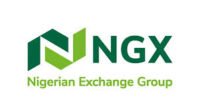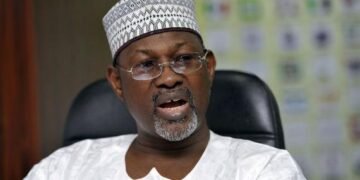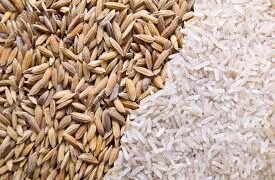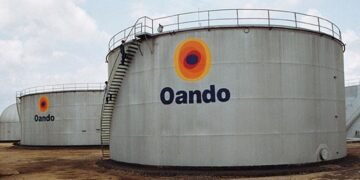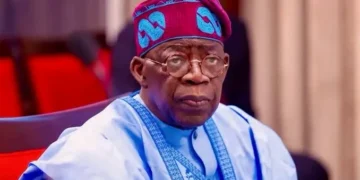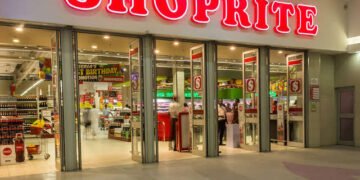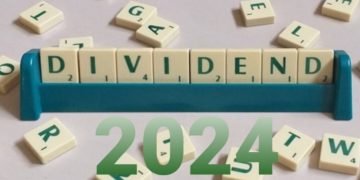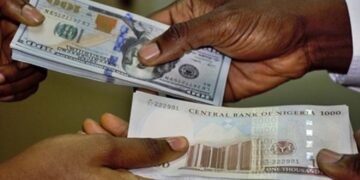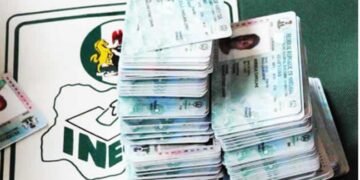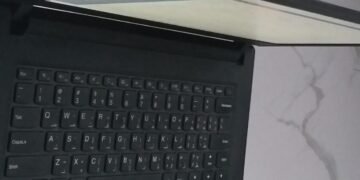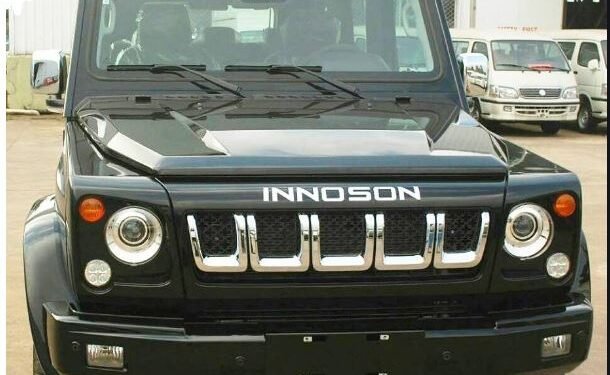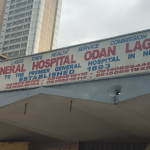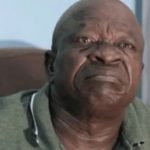The government of Sierra Leone placed order for Innoson cars worth $4.7 million, despite NASS rejection. This was revealed by Chief Innocent Chukwuma, the Chairman/Chief Executive Officer of Innoson Vehicles Manufacturing (IVM) in an exclusive interview with Vanguard.
The Nigerian National Assembly (NASS) was heavily criticized by Nigerians earlier this year, when it rejected to buy locally made vehicles in Nigeria like Innoson, as the government has frequently touted, “buy Nigeria”
Even as countries around the world were preparing and making necessary provisions for the potential Covid-19 pandemic in February, NASS resolved to buy 400 units of exotic Toyota Camry 2020 model cars, which was reported to cost N35 million each, in a country where over 80 million people classified as poor.
This is happening when Nigeria used 99% of its revenue for debt service and achieved only 48% of its projected revenue in Q1 2020.
According to Chukwuma, Nigerian government have ‘good policies” to support the manufacturing sector in Nigeria, “but the problem lies in the implementation.”
This issue of implementation is something that many Nigerians know about in government policies, because the government should lead by example in implementing its policies, unfortunately it doesn’t in most cases.
Have you read?
- Unemployment Rate continues to rise in Nigeria even as Labour Force declines
- Nigeria oil production declined to 1.373 million bpd in July – OPEC report
Chukwuma however said that, the present governor of Imo state is “number one in implementing the local content.” He added that “if all the South-East governors are like that of Imo, then, we don’t have problems.”
He also disclosed that Innoson is planning to build new factory in “Imo state in partnership with foreign companies.”
While talking about the major challenges in the business, Innosson CEO mentioned power and foreign exchange as the major problems his business is facing in the country.
He went on to say that, “there was a time we didn’t use electricity from the national grid for four years. I ran generator for that four years, because the electricity company was over-charging me using estimated bills.” He said electricity company “refused to install prepaid meter” for his company at the time. “So when they wanted to act smart, we wrote them officially to disconnect us.”
The second big challenge he mentioned is foreign exchange scarcity. “It has become increasingly difficult to access foreign exchange to import some of the components we use.”
The issue of foreign of exchange has created an unprecedented challenge for businesses in Nigeria, especially at the back of Covid-19 pandemic, due to the crash in oil prices. Nigeria relies on oil revenue for most of its foreign exchange. This has resulted in Central Bank devaluing the official rate of naira twice this year.
- The official rate of naira against the dollar now stands at N379.00 per dollar.
- At the parallel market (black market) the rate stood at N475.00 per dollar on Friday
- At the I & E Window the rate closed at N386.00 per dollar on Friday
Written by;
Ifunanya Ikueze






